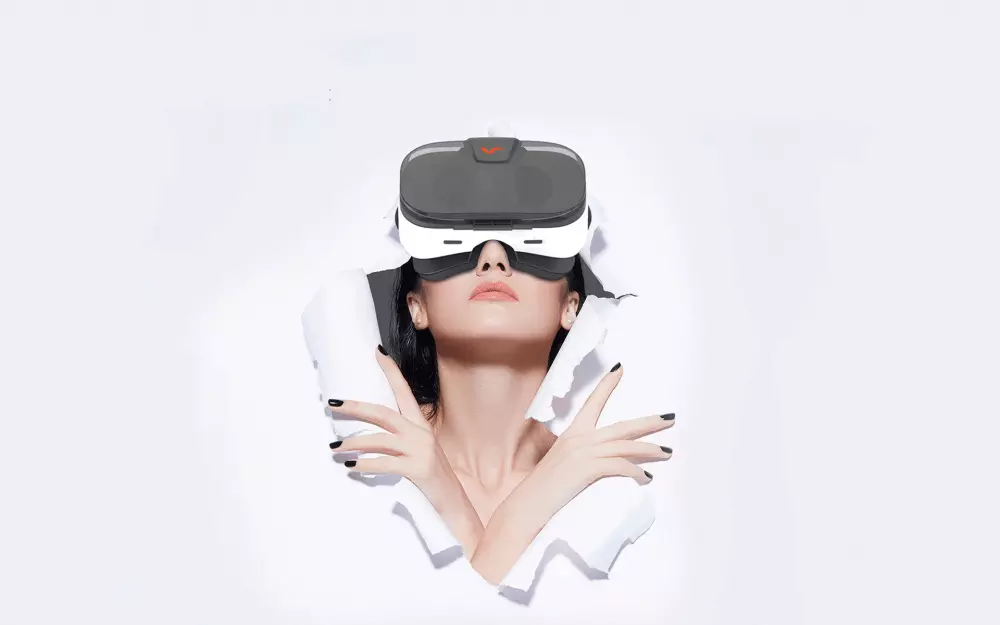Comments (1)
Patrick Vargas
I can't wait to use augmented reality glasses

Apple and Facebook, two of Silicon Valley’s biggest companies, are secretly working on augmented reality (AR) technology. It may take some time before Apple is going to reveal its efforts in the space, but Facebook may give us a glance at its AR research as early as next month. Both companies currently involved see huge profits ahead as the perfect reason to join the race with Magic Leap and Microsoft.

Magic Leap to Outsmart Facebook & Apple
Apple and Facebook are gearing up to challenge start-up Magic Leap and Microsoft’s HoloLens to create a pair of augmented reality glasses that could one day replace the smartphone as consumers’ primary computing device. Apple is stepping up its efforts in AR eyewear, by building a team that is working on the feasibility of a head-worn device, while Facebook is developing small glasses that can be taken anywhere. It is important to bear in mind that the two Silicon Valley heavyweights' augmented reality efforts may take a bit longer to reach consumers because of profitability issues. Indeed, both companies are set to be beaten to market by Magic Leap, the secretive Florida-based firm that has raised $1.4bn from investors including Alphabet and Alibaba.
For more than one year, Magi Leap has announced that the product will be launched soon. However, questions remain whether the firm can develop the software experiences that will entice people to buy and wear its hardware — a common challenge across the industry. Magic Leap is currently preparing its long-awaited AR eyewear for release later this year. The “light-field” eyewear is said to be smaller than Microsoft’s HoloLens, with a wider field of view, but larger than a regular pair of glasses. The headgear will be tethered to a small pack that provides battery and processing power, to put in a pocket or attach to a belt, and is likely to cost in excess of $1,000.
Replacing Smartphones with AR Glasses
Mark Zuckerberg claims that it could take up to 10 years before the technology catches up with his vision for AR. Facebook's Oculus Research division will play a crucial role in the creation of augmented reality glasses that are compact and lightweight, yet powerful enough to use all day. Mr Zuckerberg's vision is to create small glasses that can push the boundaries of virtual and augmented reality that could one day replace smartphones. At its Silicon Valley headquarters, Facebook has also been hiring experts in computer vision and consumer electronics at its new Building 8 hardware lab, to bolster the efforts at its Oculus VR unit.
These include Frank Dellaert, a professor working in robotics and computer vision at the Georgia Institute of Technology. While Facebook’s AR hardware efforts may be more nascent than those of some of its rivals, the company began work more than a year ago on developing applications for social networking in virtual reality. Demonstrations have included cartoonish avatars taking VR “selfies” in 360-degree renderings of real places.
Microsoft Has Also Joined The Race
Noteworthy to mention that augmented reality seems to have overtaken Apple’s secretive car project as the company’s top priority for its next big launch, beyond the iPhone. Among Silicon Valley’s top firms, Microsoft is furthest along in AR after unveiling HoloLens two years ago. Developers have been able to buy the all-in-one device for a year now but Microsoft has set no date for releasing HoloLens to consumers, creating a potential opportunity for Apple and Facebook to catch up. Now, it is devoting more resources to its augmented-reality efforts, with the aim of taking it from a science project towards a consumer product. However, any launch is still at least a year away, perhaps much longer.
Microsoft has yet to publicly acknowledge its AR work, but Bill Gates has on multiple occasions talked enthusiastically about the potential of the technology. For Microsoft, AR wouldn’t just be an attempt to once again release a genre-defining product, something the company hasn’t been able to do since the release of the Windows 10. At a Utah tech conference in October, Microsoft said that AR would take a little while to arrive but when it does, its users will question how they lived without it akin to how they have lived without their phones today.
I can't wait to use augmented reality glasses ![]()
Badr Berrada is a tech entrepreneur & international best-selling author. As a Founder & CEO of BBN Times, he manages a team of more than 150 renowned industry experts. He has been featured in renowned publications such as Forbes Magazine, Business Insider, Yahoo! News, Thrive Global, Irish Tech News, Khaleej Times, Herald-Tribune, Pulse Ghana, le360 and IdeaMensch. Badr Berrada is also the CEO of Tech BSB, a consulting platform that provides services in artificial intelligence, cybersecurity, data analytics, cloud computing and sustainability. He co-authored The Growth Hacking Book: Most Guarded Growth Marketing Secrets The Silicon Valley Giants Don’t Want You To Know and The Growth Hacking Book 2 : 100 Proven Hacks for Business and Startup Success in the New Decade. Badr holds a master's degree in Economy, Risk and Society from the London School of Economics and a bachelor degree in Finance from Cass Business School.
Leave your comments
Post comment as a guest